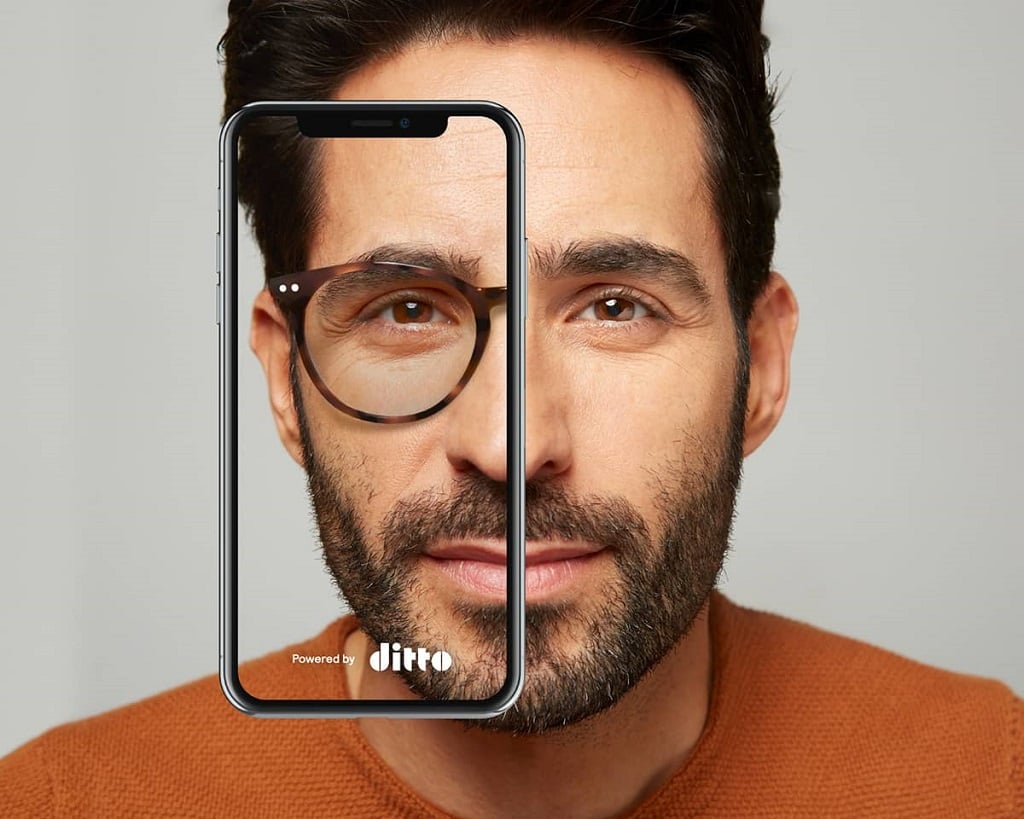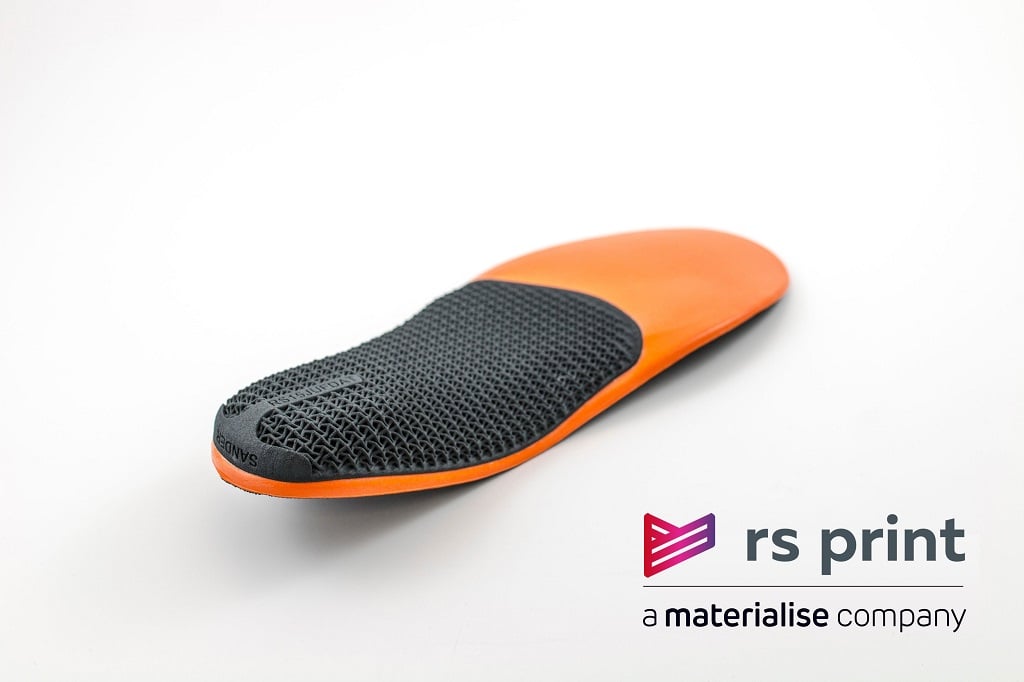
It’s a tough year for business, but Materialise has been focusing its efforts on the medical segment — and seeing that investment pay off as Q3 2020 results highlight.
Materialise Q3 2020
This week, the Belgium-based 3D printing mainstay reported its financial results for the latest quarter. As with so many businesses in this plague-plagued year, overall numbers weren’t great. Overall revenue figures dropped by double digits, as the company reports:
“Total revenue for the third quarter of 2020 decreased 19.2% to 40,785 kEUR compared to 50,449 kEUR for the third quarter of 2019.”
However, all was not actually so grim. We need to keep in mind the operating environment this quarter, as 2020 continues to deliver overall economic punches even in the accelerating additive manufacturing industry.
In fact there was a bright spot of growth: the medical segment. Executive Chairman Peter Leys commented:
“Given the challenging environment, Materialise performed well this quarter, thanks to the continued hard work and inspiring contributions of our entire workforce. While the revenues of our Materialise Manufacturing and, to a lesser extent, Materialise Software segments decreased in the midst of the COVID-19 pandemic, our Materialise Medical segment grew its revenues by an impressive 11% and posted a record EBITDA margin of 32%. Further building on the success we had with some of our medical applications, we made a strategic investment in our eyewear initiative, in connection with our previously announced collaboration with Ditto, and, on October 29, 2020, we announced an increased investment in our footwear platform through the acquisition of RS Print and RS Scan. In the third quarter, we also increased our overall ongoing R&D efforts by more than 4% and began implementing an internal digital transformation program, including a new e-commerce portal and new customer relationship management (CRM) and enterprise resource planning (ERP) systems.”
Materialise Medical
The revenue gains observed in the Materialise Medical segment are, perhaps, unsurprising. After all, the 30-year-old company has certainly developed expertise in medical applications and if ever there’s a year for medical to shine, it’s this one.
Furthermore, as Leys underscored, the company has been investing in this segment through strategic investment and collaboration.
Materialise x Superfeet

Materialise has just announced its agreement to acquire the remaining 50% of RS Print that it did not already own, as well as all of the assets of RSscan, from Superfeet. For its part, Superfeet has been increasing its use of 3D printing to help personalize the footwear industry. Materialise and Superfeet are also furthering their strategic partnership with deeper collaboration.
“3D printing and design technology have great potential to help both consumers and healthcare professionals improve comfort, health and performance through personalized footcare,” said Fried Vancraen, CEO and founder of Materialise. “Building on our expertise in providing intelligent planning tools and customized devices to healthcare professionals, we very much look forward to offering similar science-based digital measurement tools and personalized solutions to footcare professionals and sports experts that deal with foot or gait problems. I am particularly excited that we have succeeded in strengthening our strategic partnership with Superfeet in such a way that both partners will be able to fully concentrate on their individual strengths.”
Materialise will be “bringing the RS Print and RSscan technology under one roof,” which will enhance the ability to meaningfully dig into product R&D for personalized footcare. The company is gaining additional 3D scanning and analysis tech, adding to its already extensive portfolio there, as RSscan offers further access to advanced 3D motion tracking, gait analysis, and finite element analysis.
The new collaboration aspect will also see focus on expansion in North America. With distributor Go4D, RS Print will accelerate pressure plate measurement systems in US point-of-care installations.
“We have worked with Materialise to develop the innovative RS Print system for 3D printed insoles, delivering thousands of products to improve customers’ comfort, health and performance,” said John Rauvola, CEO of Superfeet. “We’re happy to extend this partnership to meet growing demands in personalization and to bring this technology to an even broader community in the future.”
Materialise x Ditto
In a head-to-toe personal care focus, Materialise also announced further investment into eyecare last month.
Materialise is strategically investing in Ditto, which offers virtual platforms to “try on” eyewear. The companies will also collaborate to further the digitization of eyewear production, personalization, and user experiences.
As someone who wears glasses every day and has been buying them online for a few years, I know I would love that experience to be a bit better. I chose my frames from a big online catalog that did have an option to “try them on” but that was just an image of the glasses over a still photo of my face — way more advanced than available even a few years ago, but ultimately not actually great as I’ve received frames both substantially larger and much smaller than expected.
Materialise and Ditto will work to do all this end-to-end, from personalized frame recommendations to virtual trying on to 3D printed frames.
“Our collaboration with Materialise will help us deliver on our goal of making eyewear more personal. The shift towards eCommerce, digitally enabled smart stores, and digital manufacturing is inevitable,” says Kate Doerksen, Ditto’s CEO and Cofounder. “We are excited to bring combined solutions to our clients to create a differentiated, personalized customer experience and product offering.”
Focus On Medical
All told, these investments are clearly already paying off for Materialise. While footwear and eyewear are hardly an all-encompassing view of what the company offers in terms of medical portfolio, they do indicate clear steps toward a more personalized future for functional things that directly enhance people’s health.
It’s perhaps no surprise then that the medical segment led growth this quarter at Materialise. The other segments’ performance certainly show dips, but again these are unfortunately a bit of a norm in 2020, so there’s not much surprise there.
Via Materialise, Materialise, and Materialise
